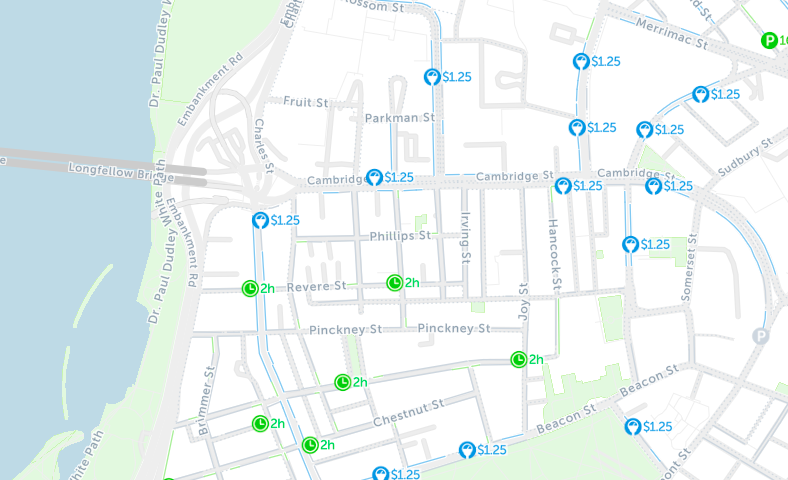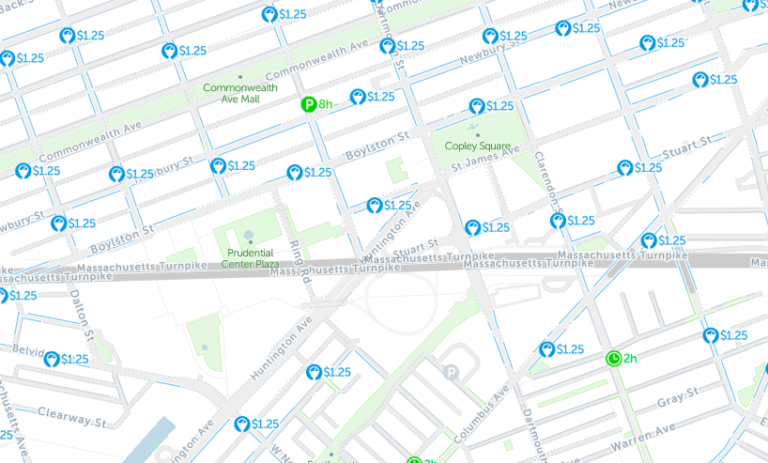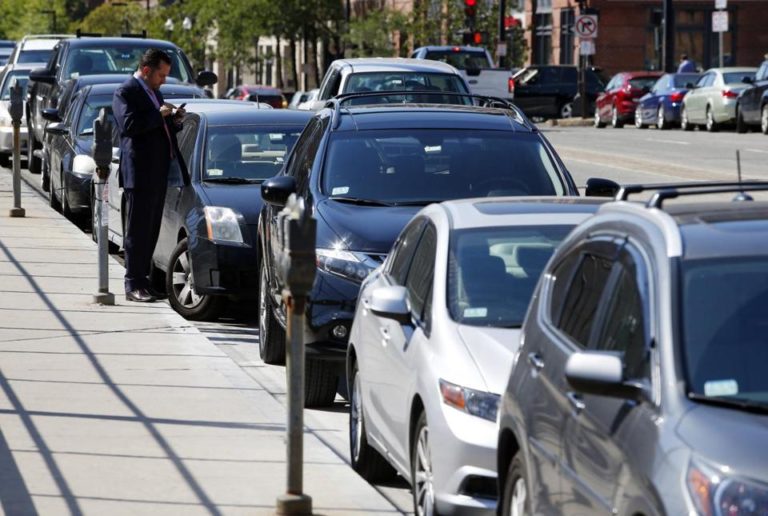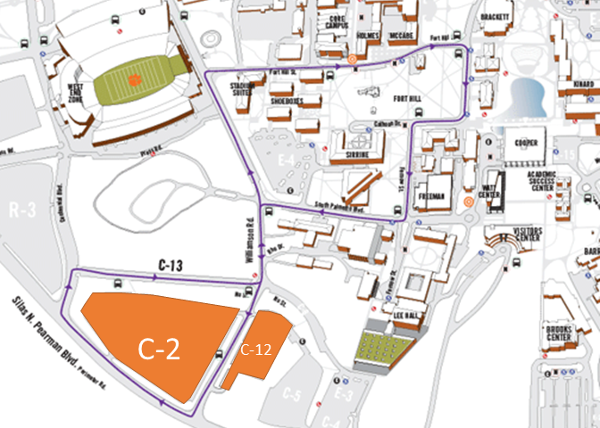Navigating the Boston Street Parking Maze: A Comprehensive Guide
Related Articles: Navigating the Boston Street Parking Maze: A Comprehensive Guide
Introduction
With great pleasure, we will explore the intriguing topic related to Navigating the Boston Street Parking Maze: A Comprehensive Guide. Let’s weave interesting information and offer fresh perspectives to the readers.
Table of Content
- 1 Related Articles: Navigating the Boston Street Parking Maze: A Comprehensive Guide
- 2 Introduction
- 3 Navigating the Boston Street Parking Maze: A Comprehensive Guide
- 3.1 Understanding the Basics: A Primer on Boston Street Parking
- 3.2 Decoding the Signs: Navigating Boston’s Street Parking Signage
- 3.3 Exploring Digital Resources: Unveiling the Power of Boston Street Parking Maps
- 3.4 Navigating the Permit System: Understanding the Requirements and Application Process
- 3.5 Embracing Smart Strategies: Tips for Successful Boston Street Parking
- 3.6 Frequently Asked Questions About Boston Street Parking
- 3.7 Conclusion: Embracing the Challenge and Navigating the Maze
- 4 Closure
Navigating the Boston Street Parking Maze: A Comprehensive Guide

Boston, a city brimming with historical charm and cultural vibrancy, can present a unique challenge for visitors and residents alike: navigating its intricate street parking system. Understanding the intricacies of Boston’s street parking landscape is crucial for a smooth and stress-free experience. This comprehensive guide aims to demystify the complexities of Boston street parking, providing invaluable insights and practical tips to help you navigate this urban maze with ease.
Understanding the Basics: A Primer on Boston Street Parking
Boston’s street parking system is a complex tapestry woven with various regulations, signage, and payment methods. To effectively utilize this system, a fundamental understanding of its key components is essential:
- Metered Parking: This is the most common form of street parking in Boston. Metered spaces are typically marked with blue paint and a designated meter. Payment can be made using coins, credit cards, or mobile payment apps.
- Permit Parking: Many residential neighborhoods in Boston have designated permit parking zones. These zones are often marked with signs indicating specific permit requirements. Residents and visitors with valid permits can park in these areas.
- Free Parking: While limited, some areas in Boston offer free street parking. These areas are often marked with signs indicating the time limits and restrictions.
- Parking Enforcement: Boston has a robust parking enforcement system. Parking violations can result in fines and even vehicle towing.
Decoding the Signs: Navigating Boston’s Street Parking Signage
Boston’s street parking signage can be a daunting experience for the uninitiated. However, understanding the common symbols and markings can help you navigate the system effectively:
- Blue Paint: Indicates a metered parking space.
- Red Curb: Indicates no parking at any time.
- White Curb: Indicates loading zones or short-term parking only.
- Yellow Curb: Indicates no parking during specific hours or days.
- Green Curb: Indicates parking for residents with a valid permit.
- Time Limit Signs: Indicate the maximum duration allowed for parking in a specific space.
- Handicap Parking: Indicates designated parking spaces for individuals with disabilities.
Exploring Digital Resources: Unveiling the Power of Boston Street Parking Maps
The digital age has revolutionized the way we navigate urban landscapes, and Boston street parking is no exception. Numerous online resources and mobile applications offer invaluable tools for finding available parking spaces and understanding parking regulations:
- City of Boston Parking Map: This official resource provides a comprehensive map of all metered parking spaces, permit zones, and parking restrictions in Boston. It is an excellent starting point for understanding the city’s overall parking landscape.
- Mobile Parking Apps: Numerous apps like ParkMobile, SpotHero, and PayByPhone allow you to locate available parking spaces, pay for parking remotely, and track your parking time. These apps are invaluable for saving time and avoiding parking fines.
- Navigation Apps: Popular navigation apps like Google Maps and Waze often integrate parking information, providing real-time updates on available spaces and estimated parking costs.
Navigating the Permit System: Understanding the Requirements and Application Process
Boston’s permit parking system is designed to ensure residents have access to parking spaces in their neighborhoods. If you are a resident or visitor with a valid permit, you can park in designated permit zones. The process for obtaining a permit varies depending on the specific neighborhood and the type of permit required.
- Resident Parking Permits: These permits are typically available to residents who live in designated permit zones. The application process usually involves providing proof of residency and vehicle registration.
- Visitor Parking Permits: These permits are available to visitors staying with residents in designated permit zones. The application process typically involves providing proof of the visitor’s identity and the resident’s address.
Embracing Smart Strategies: Tips for Successful Boston Street Parking
While Boston’s street parking system can be challenging, adopting smart strategies can significantly improve your experience:
- Plan Ahead: Before embarking on your journey, consult online resources and mobile apps to identify potential parking areas and understand the associated regulations.
- Arrive Early: Especially during peak hours, arriving early can increase your chances of finding a suitable parking space.
- Utilize Alternate Transportation: Consider using public transportation, ride-sharing services, or bicycles to avoid the hassle of finding parking.
- Be Mindful of Time Limits: Always check the time limit signs and ensure you are not exceeding the allotted parking time.
- Park Legally: Ensure you are parking in a designated parking space and adhering to all posted regulations.
- Use Mobile Payment Apps: These apps can save you time and hassle when paying for parking.
- Check for Special Events: Be aware of any events or festivals that may affect parking availability and regulations.
- Stay Informed: Keep up to date with any changes or updates to Boston’s street parking regulations through official city websites and mobile apps.
Frequently Asked Questions About Boston Street Parking
Q: What is the cost of metered parking in Boston?
A: Metered parking rates vary depending on the location and time of day. Generally, rates range from $1.25 to $2.50 per hour.
Q: Where can I find free street parking in Boston?
A: Free street parking is limited in Boston. Some areas may offer free parking during specific hours or days, but it is generally advisable to consult online resources or mobile apps to identify available free parking options.
Q: How can I avoid parking tickets in Boston?
A: To avoid parking tickets, always park in designated parking spaces, adhere to all posted regulations, and ensure you are not exceeding the allotted parking time.
Q: What should I do if my car is towed in Boston?
A: If your car is towed, contact the Boston Police Department or the city’s parking enforcement agency to inquire about the location of your vehicle and the towing fees.
Q: Are there any alternative parking options in Boston besides street parking?
A: Yes, there are numerous alternative parking options in Boston, including garages, lots, and valet parking services. These options may be more expensive but offer greater convenience and security.
Conclusion: Embracing the Challenge and Navigating the Maze
Navigating Boston’s street parking system requires a combination of knowledge, planning, and a dash of patience. By understanding the basics, utilizing digital resources, and adopting smart strategies, you can minimize the stress and maximize the enjoyment of your time in this vibrant city. Remember, parking in Boston is a journey, not a destination, and with the right tools and approach, you can conquer the maze with confidence.







Closure
Thus, we hope this article has provided valuable insights into Navigating the Boston Street Parking Maze: A Comprehensive Guide. We hope you find this article informative and beneficial. See you in our next article!